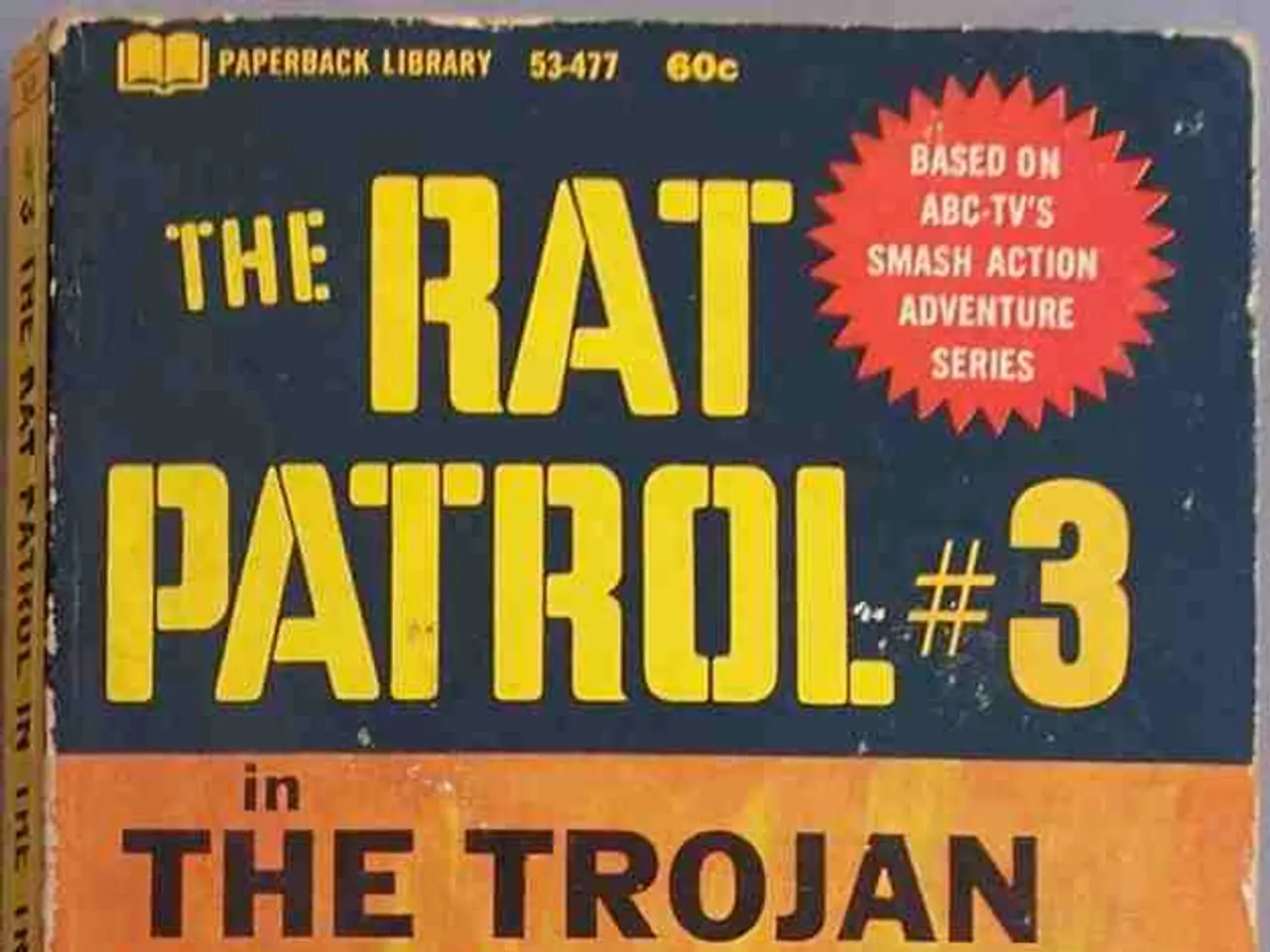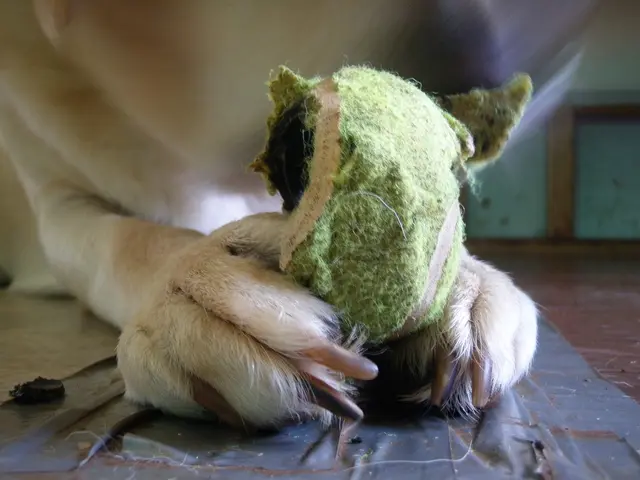France openly engaged in military action during its process of colonial retreat in Cameroon, according to French President Macron's admissions.
France Acknowledges Violent Colonial Past in Cameroon
In a historic move, French President Emmanuel Macron has officially acknowledged France's role and responsibility in a brutal military campaign during Cameroon's struggle for independence. This secret war, which took place between 1945 and 1971, was marked by violent repression, killings of independence leaders, mass internment in camps, assassinations, and forced disappearances.
The war continued beyond 1960 with France's support for actions taken by independent Cameroonian authorities. Macron's admission comes after a historians' report, submitted in January, revealed the extent of this repressive violence. The report, chaired by historian Karine Ramondy, is part of Macron's memorial policy towards Africa.
In a letter to Cameroon's President Paul Biya, Macron admitted that France has long suppressed knowledge of this conflict in Cameroon. He took responsibility for France's role in these events and endorsed the findings of the historians' report, which clearly showed a war took place in Cameroon.
The letter from Macron to Biya was made public on Tuesday. Biya, aged 92, announced his decision to run for an eighth term in the presidential election scheduled for October 12. However, the Constitutional Council recently rejected the candidacy of Biya's main opponent, Maurice Kamto.
Macron believes that the report will help strengthen the relationship between France and Cameroon, focusing on human ties between civil societies and youth. The commission's work is expected to extend the research into Cameroon's past, providing a more comprehensive understanding of this dark chapter.
The acknowledgment marks a memorial turning point between France and Cameroon. While it is a significant step towards transparency and justice, many Cameroonians and observers feel that more concrete actions such as reparations and reconciliation efforts are still needed.
This admission by Macron coincides with a broader effort by France to come to terms with colonial abuses in Africa, even as France faces waning influence in former colonies. The acknowledgment is a step towards confronting colonial-era abuses, but it remains to be seen how this recognition will impact the relationship between France and Cameroon moving forward.
[1] BBC News. (2023). France admits role in Cameroon's 'secret war'. Retrieved from https://www.bbc.co.uk/news/world-africa-64821689
[2] The Guardian. (2023). France admits role in Cameroon's 'secret war'. Retrieved from https://www.theguardian.com/world/2023/mar/15/france-admits-role-in-cameroons-secret-war
[3] The New York Times. (2023). France Admits Role in 'Secret War' in Cameroon. Retrieved from https://www.nytimes.com/2023/03/15/world/africa/france-admits-role-in-cameroons-secret-war.html
[4] Al Jazeera. (2023). France acknowledges 'secret war' in Cameroon. Retrieved from https://www.aljazeera.com/news/2023/3/15/france-acknowledges-secret-war-in-cameroon
- The French President's acknowledgment of France's role in the 'secret war' in Cameroon highlights the need for the political landscape to address war-and-conflicts past and present, and the impact of politics on general-news.
- Amidst a broader effort by France to confront colonial-era abuses, the 'secret war' in Cameroon has made headlines in war-and-conflicts, politics, and general-news sections worldwide.







